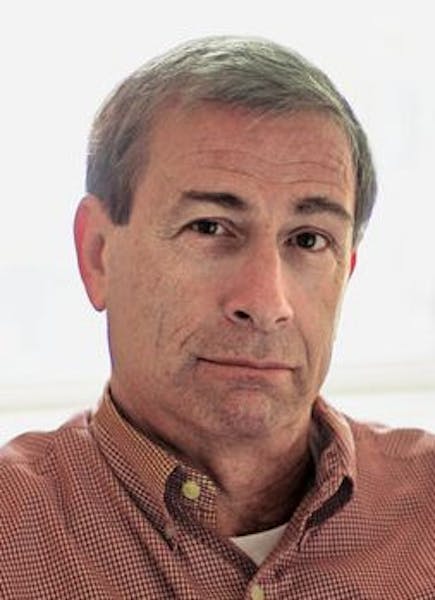Once World War II was over, there was no stopping gay writers from stepping out of the shadows.
It is remarkable to recall, as Christopher Bram does in "Eminent Outlaws," that 1948 saw publication of two overtly gay novels -- Gore Vidal's "The City and the Pillar" and Truman Capote's "Other Voices, Other Rooms." Capote's novel was "dazzling," said the Chicago Tribune, but Time magazine said his "theme is calculated to make the flesh crawl." Both books were bestsellers.
Bram, best known as a novelist ("Gods and Monsters"), gives an endlessly fascinating, first-of-its-kind account of about a dozen gay novelists, poets and playwrights, from Vidal and Tennesssee Williams to Tony Kushner and Edmund White, each of whom had far-reaching impact over five postwar decades.
Even for those familiar with these writers, Bram's book serves an invaluable, connect-the-dots function. It's also an amiable, opinionated and occasionally gossipy guide to famous feuds, love affairs and literary treasures worth rediscovering.
"Writing gay" was no primrose path in an era marked by undisguised hostility. Bram spotlights venomous anti-gay reviews by such big names as Philip Roth and Elizabeth Hardwick in the august pages of the New York Times and the New York Review of Books. Stung by straight critics, Vidal and Capote steered clear of gay subject matter in their work for decades after the late 1940s.
Bram argues that for writers, "it's difficult to keep one's real sexuality buried for too long without the work suffering." Playwright Williams inserted gay situations into most of his work, but with varying degrees of indirection, as in Brick's tortured response to the death of his best friend Skipper in "Cat on a Hot Tin Roof." Williams was himself tortured about how to end the play, issuing multiple revisions following its 1955 Broadway opening. Edward Albee, who once proclaimed "I don't think being gay is a subject any more than being straight is a subject," still faced charges that his celebrated "Who's Afraid of Virginia Woolf?" was nothing but a gay play hiding behind its embattled heterosexual couple.
A chapter on Allen Ginsberg's poem "Howl" and the obscenity trial it sparked in the 1950s is less revelatory than Bram's writing about James Baldwin, an intriguingly thorny vagabond who grew up in Harlem with seven siblings and became one of the midcentury's best-known novelists ("Go Tell It on the Mountain," "Giovanni's Room") as well as a widely read essayist and commentator who at various times was allied with both the Rev. Martin Luther King Jr. and the Black Panthers.
In the 20th century's final decades, gay literature expanded, became sexually franker, scored some crossover success in books by Armistead Maupin and White, and responded to the AIDS crisis (most notably in such plays as Larry Kramer's "The Normal Heart" and Kushner's "Angels in America").
Thus, asserts Bram, "during a half-century when books and plays lost much of their importance in American culture at large, they played a major role in the growth of gay life." "Eminent Outlaws" vividly explains how and why that happened.
Claude Peck is the Star Tribune arts editor. Follow him on Twitter: @claudepeck
In heated western Minn. GOP congressional primary, outsiders challenging incumbent

Minnesota Sports Hall of Fame: A class-by-class list of all members

This retired journalist changed professional wrestling from Mankato

